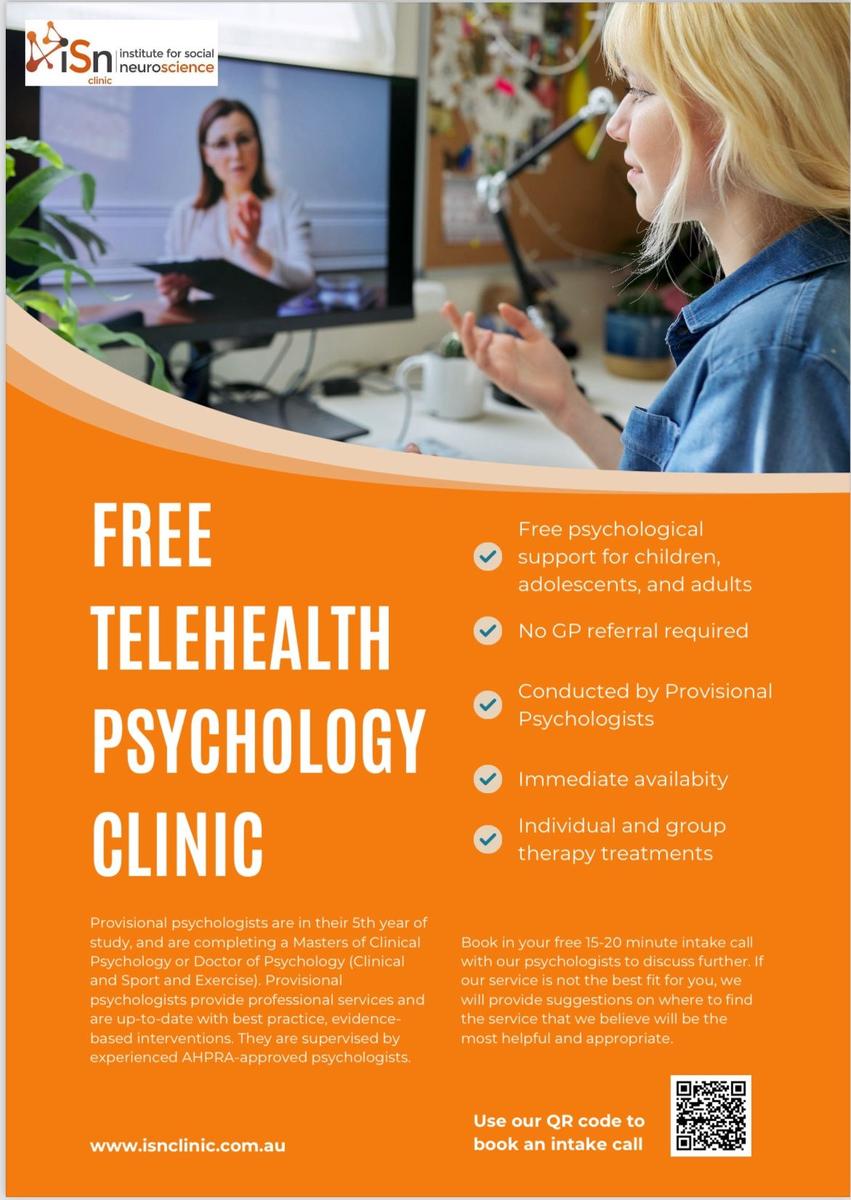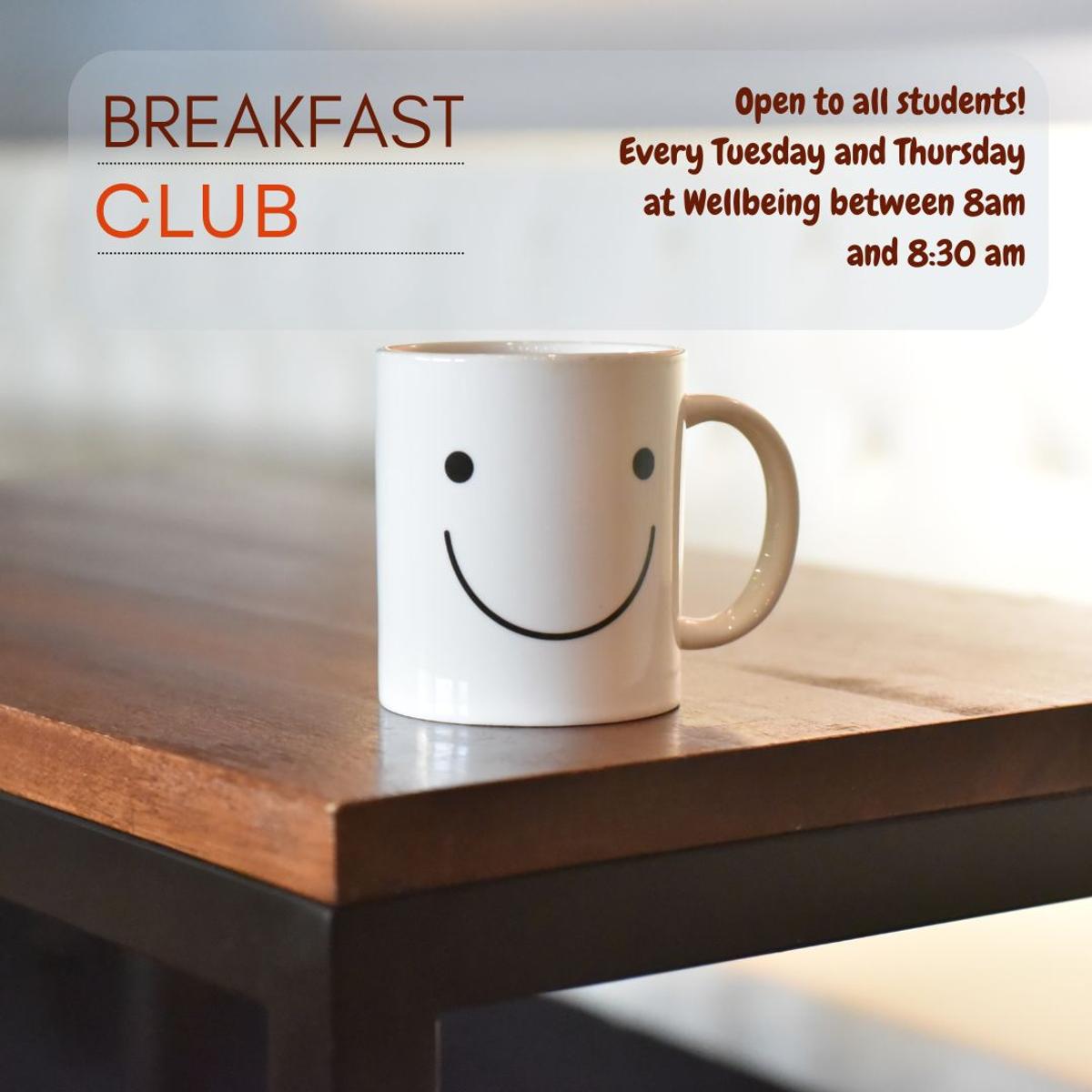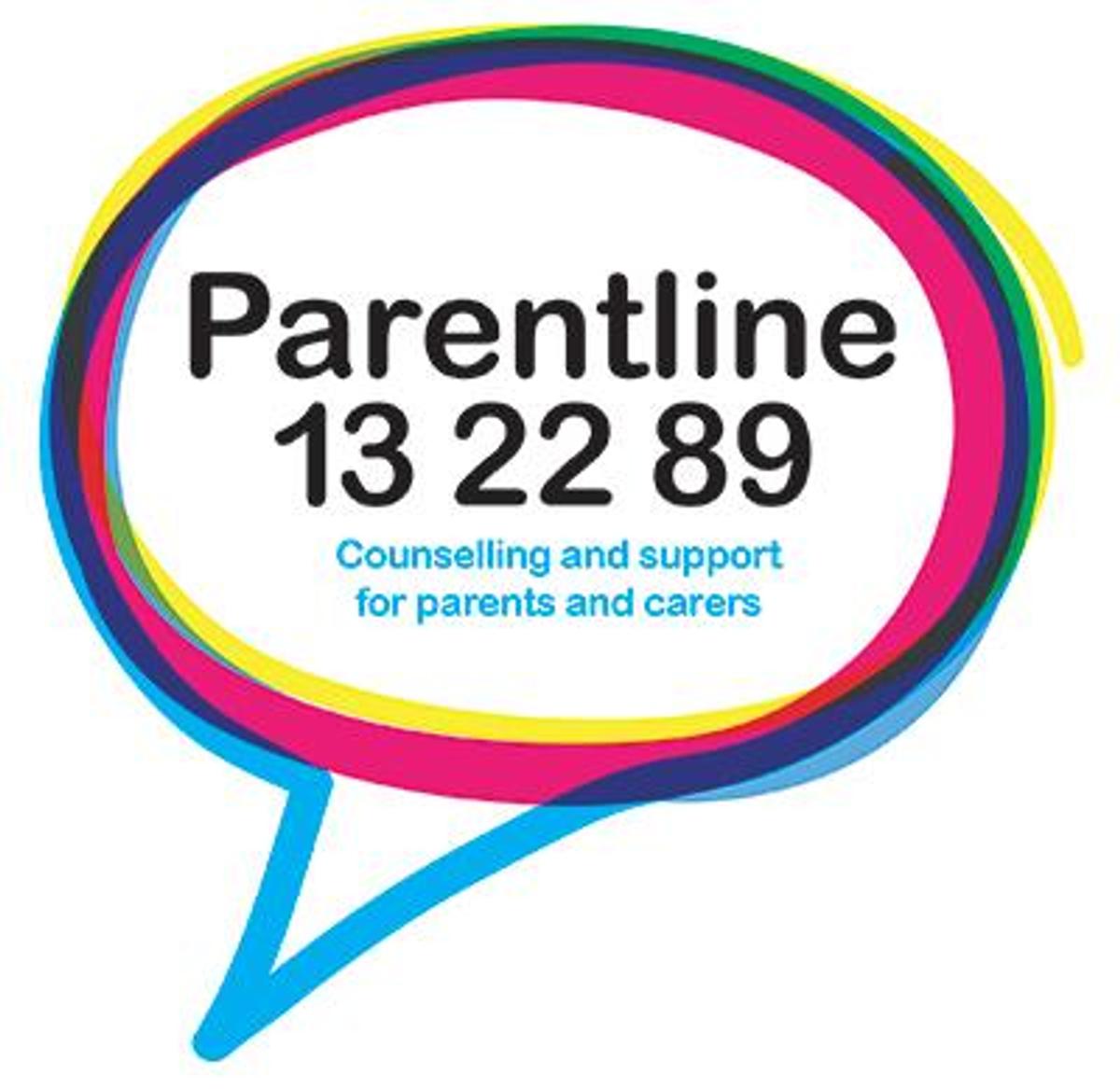Parent Wellbeing

Seeking Expressions of Interest for the Music-Based Therapy Program 2025
We are pleased to announce the launch of a new music-based therapy group at our school, designed to support your teenager’s emotional wellbeing and personal development. This program will take place biweekly over a series of six classes.
Music therapy is a proven method for emotional healing and personal growth, making it an excellent opportunity for all students. Whether your child has a passion for music or simply enjoys listening, they can benefit from this enriching experience. The group will participate in a range of engaging activities, including:
- Songwriting and Lyric Analysis: Helps students articulate their emotions and experiences, fostering self-expression and emotional insight.
- Group Drumming and Rhythm Exercises: Promotes teamwork, stress relief, and physical coordination and co-regulation, while enhancing mood and energy levels.
- Exploring Different Musical Genres: Allows students to connect with various emotional states and understand how music influences feelings and behaviours.
- Creating and Sharing Personal Playlists: Encourages reflection on personal preferences and emotional responses, facilitating self-discovery and personal expression.
- Collaborative Music-Making Sessions: Builds social connections, improves communication skills, and boosts self-esteem through creative collaboration.
This program aims to enhance:
- Emotional Expression: Music provides an outlet for emotions that might be difficult to express through words alone, helping students process and manage their feelings more effectively.
- Stress Relief: Engaging in musical activities can lower stress levels, promote relaxation, and improve overall mental health.
- Enhanced Self-Esteem: Successfully creating and sharing music can increase confidence and self-worth, fostering a positive self-image.
- Improved Social Skills: Group activities encourage teamwork, empathy, and communication, enhancing social interactions and building supportive peer relationships.
- Increased Resilience: Music therapy helps students develop coping strategies and resilience in the face of challenges, equipping them with tools to navigate life’s ups and downs.
Participation in this program is voluntary and confidential. Musical skill and knowledge are not a requirement to join this program, simply an appreciation for music. We encourage students who may be struggling with anxiety, stress, school engagement, social connection, or simply looking for a creative outlet for their feelings to join.
If you believe this program could be helpful for your teenager, please contact me to discuss further.
Talea-Jane Simpson
Acting Leader of Wellbeing
tsi@wantirnacollege.vic.edu.au
Supporting Your Teen During the Break
The school holidays are here, and while your teen is ready to unwind, it’s important to remember that this time off is a chance for them to rest, recharge, and take care of their mental and physical wellbeing. Here are a few tips to help support your teen’s wellbeing and make the most of the break:
1. Encourage Balance with Screen Time
During the holidays, it’s normal for teens to gravitate towards screens—whether it’s Netflix, gaming, or social media. While it’s okay to relax this way, too much screen time can have a negative impact on their mood and sleep. Encourage a healthy balance by setting limits and suggesting other activities, such as outdoor games, hobbies, or spending time with family and friends.
2. Promote Physical Activity
While it might be tempting for your teen to lounge around during the break, physical activity is key to boosting their energy and mood. Help them find fun and simple ways to stay active, whether that’s going for a walk, riding a bike, or even kicking a ball around the backyard. You might even join them to make it more enjoyable!
3. Help Them Maintain Healthy Sleep Habits
Holidays mean no more early alarms, which is great for catching up on sleep. However, it’s easy for sleep schedules to shift to late nights and even later wake-ups. Encourage your teen to get enough rest without letting their schedule get too off track. Good sleep is crucial for their mood, focus, and overall wellbeing.
4. Foster Social Connections
Holidays can be a good time for teens to reconnect with friends and family they may not have had time for during the term. Whether through in-person catch-ups or virtual meetups, maintaining these connections can help them feel supported and reduce feelings of isolation. Encourage them to reach out to their friends or spend time together as a family.
5. Encourage Downtime and Self-Care
The holidays are a great opportunity for teens to engage in activities that bring them joy and help them relax. Whether it’s reading, drawing, baking, or just listening to music, encourage your teen to take time to do things that make them feel good. This is important for their emotional wellbeing and helps them return to school refreshed.
6. Create Space for Reflection
Encouraging your teen to reflect on the past school term can be a valuable exercise. What went well? Where do they feel they could improve? Help them set a few simple goals for the next term, whether they’re related to academics, personal development, or wellbeing. This can give them a sense of direction heading into the new school year.
7. Encourage Flexibility and Patience
Holidays can sometimes come with high expectations—to do everything, see everyone, and stay productive. Remind your teen (and yourself) that it’s okay to slow down and not have a packed schedule. Giving them space to relax without feeling pressured to achieve constantly can ease stress and help them enjoy the break.
8. Monitor Emotional Wellbeing
While holidays are meant to be a break, they can sometimes bring up emotional challenges for teens, especially as they navigate friendships, family dynamics, or stress about the future. Check in regularly with your teen, offering a listening ear without pushing too hard. Sometimes, just knowing they have your support can make a big difference.
Local Support for Parents Around Knox City Council: In case the holiday stress gets a bit too much, we've got your back. Here are some local support services around Knox City Council:
- Knox Community Health Service: These folks are here for you with a range of health and support services. Whether it's a health concern or just needing someone to talk to, check them out at Knox Community Health Service.
- Knox Infolink: The local community information service that's like your own personal guide to resources. From parenting tips to local events, they've got you covered. Visit Knox Infolink for a wealth of info.
- Ask Izzy: Need help finding the support you need? Look no further than Ask Izzy. It's a website that connects you to local services, including housing, food, healthcare, and more. Think of it as your digital superhero for navigating the local support scene.
You're not alone in this holiday adventure. If you need a hand or some resources, reach out to family, friends, or some local organisations. Wishing you and your family a relaxed and hassle-free school holidays!
Parent Support Services
Parentline: 13 22 89
Youth Support Services
headspace: visit headspace.org.au to find your nearest centre or call headspace on
1800 650 890.
Kids Helpline:
1800 55 1800 or kidshelpline.com.au
ReachOut: reachout.com.au
SANE Australia: 1800 187 263 or sane.org
National 24/7 crisis services
Lifeline:13 11 14 or lifeline.org.au
EACH Community Health: 1300 003 224
Knox Youth Services: 9298 8469
Suicide Call Back Service: 1300 659 467 or suicidecallbackservice.org.au
beyondblue:
1300 224 636 or beyondblue.org.au
Student Wellbeing Team
Email: wellbeing@wantirnacollege.vic.edu.au
Ashleigh Bibby - Leader of Wellbeing
Guiseppe Relia – Wellbeing Counsellor
Talea-Jane Simpson – Wellbeing Counsellor
Sanela Avdic - Wellbeing Counsellor
Lea Marrison - Mental Health Practitioner
Tajinder Wulff - Mental Health Practitioner
Katrina Gyngell - Mental Health Practitioner




